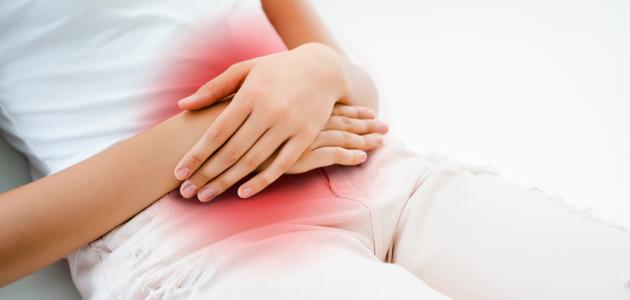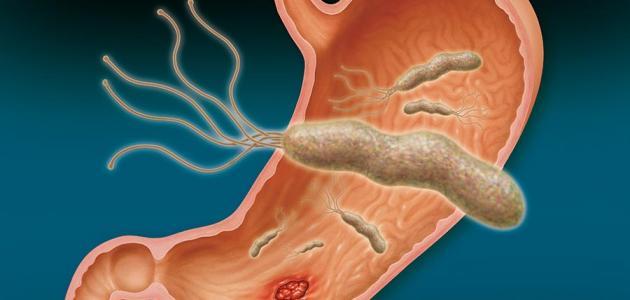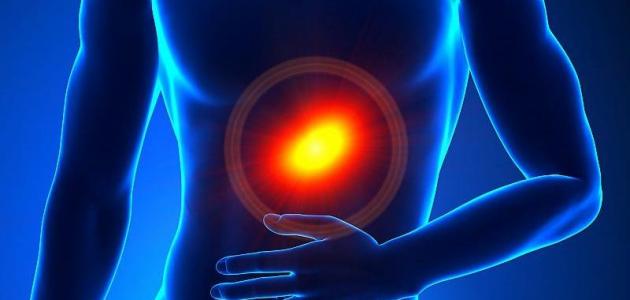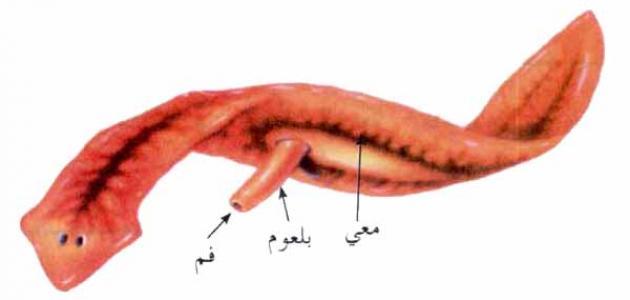hernia
Hernia occurs in the event that there is a crack or weakness in the membranes, tissues, or muscles that support the organs of the body and keep them in place, which leads to pushing part of the organ out of its normal place through this crack, and the hernia can occur in Some areas of the body, but it should be noted that the lower abdomen and upper thigh are the most susceptible to hernia.
Hernia causes
It is not possible to determine the main cause that led to the occurrence of hernia in many cases, but it can be said that there are a group of factors that increase the risk of suffering from a hernia, including advanced age, in addition to sex; As the percentage of men suffering from hernia is higher than it is in women, and the hernia may be congenital and accompanies the child from birth. In addition to that, there are other factors that increase the chance of hernia occurring, including the following:
- Pressure resulting from prolonged constipation.
- Continuous coughing or sneezing.
- Infection with cystic fibrosis.
- Prostate enlargement.
- Excess weight and obesity.
- Carry heavy weights.
- Undergoing peritoneal dialysis.
- Malnutrition.
- physical stress
- Undescended testicles.
- Being injured or undergoing surgery.
- pregnancy.
- Ascites.
- smoking.
Types of hernia
The types of hernias are classified according to the location of each of them, and among these types we mention the following:
Read also:Symptoms of stomach germs- Inguinal hernia: The inguinal hernia (in English: Inguinal hernia) of the common types of hernia; It causes more than 70% of all hernia cases, and inguinal hernia occurs due to the exit of part of the intestine through the inguinal canal. As for men, the inguinal canal separates the abdomen and the scrotum and contains the spermatic cord (in English: Spermatic cord), while in women the tunnel contains The groin rests on the ligaments that are attached to the uterus to keep it in place. Inguinal hernia is more common in men, and it often occurs due to a congenital defect in the inguinal tunnel that has led to the tunnel not closing completely.
- Umbilical hernia: Umbilical hernia occurs when part of the small intestine exits outside the abdominal wall in the area around the navel (in English: Navel), and this type of hernia is more common in newborns and those under six months of age, and this type does not need From hernia to treatment in many cases and goes away on its own during the first year of the child's life.
- Epigastric hernia: Epigastric hernia occurs in the epigastric region, or as it is called the supragastric region, and it occurs due to the exit of part of the intestine through the muscular wall that separates the abdomen and chest, and is more common in men.
- Incisional hernia: Surgical hernia occurs as a result of part of the intestine exiting outside the abdominal wall in a previous surgical area in the abdomen, due to the weakness of this area as a result of surgery, and this type of hernia is more common in the elderly and overweight people who do not exercise activities physical after abdominal surgery.
- Hiatal hernia: Hiatal hernias occur at the opening of the diaphragm in the esophageal junction with the stomach as a result of the weakness of the muscles surrounding the opening, which leads to the exit of part of the upper stomach through the diaphragm, and bulging cannot be seen in this type of hernia, but it is accompanied by the appearance of a number Symptoms include heartburn, indigestion, and chest pain.
- Femoral hernia: Femoral hernia occurs as a result of part of the intestine exiting towards the channel through which the femoral artery passes in the upper thigh area, and this type of hernia is more common in women, especially in pregnant women and those who suffer from obesity.
Hernia treatment
The hernia treatment depends on the severity of the symptoms and the size of the hernia, and the hernia can be treated by changing the lifestyle, or by using some medications, or performing a surgical operation, as follows:
Read also:What is the treatment for stomachacheLifestyle change
A healthy diet can alleviate the symptoms associated with a hiatal hernia, and the changes that are recommended to be made; Avoid eating large meals, avoid lying down after eating, and maintaining a healthy body weight. Some exercises that are based on strengthening the muscles surrounding the hernia area can be done to alleviate some of the symptoms associated with the hernia. It is worth noting that doing some exercises incorrectly may lead to Increased pressure on the hernia area, which leads to a worsening of the condition, so you should consult a doctor about the correct way to exercise.
drug therapy
Certain medications can be used to relieve the symptoms of heartburn and discomfort associated with a hiatal hernia, such as antacids, H2 antagonists, and proton pump inhibitors.
surgery
It is possible to resort to surgical procedures to treat the hernia when it increases in size or causes pain by suturing the hernia area using a surgical net. In fact, surgeries can be performed in one of two main ways; Open surgery, or endoscopic surgery (in English: laparoscopic surgery), and the surgery is done laparoscopically by making a small hole and inserting a camera attached with a small surgical tool to repair the hernia site, and this method is characterized by not causing significant damage to the tissues surrounding the hernia, and the patient does not need a period Long recovery times, as required by patients undergoing open surgery, which may take up to six weeks.
Read also:Left abdominal pain








